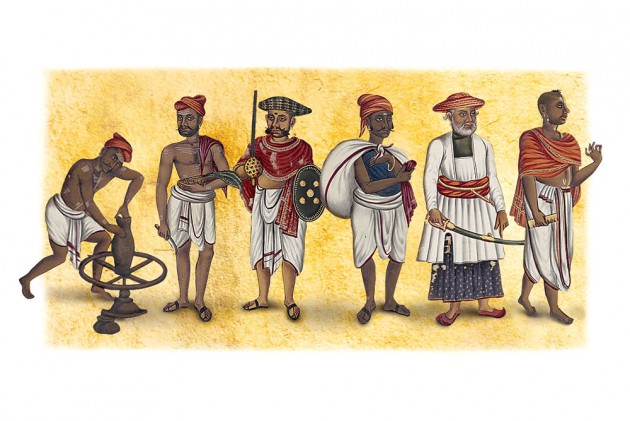
How We Might Strengthen India – By Nationwide Stir Against the Caste
India is the largest democracy. The only country that rivals with India in terms of population is our neighbour China. In fact, China and India offer two nations which can be compared, though they do not have the same nature of the nation-state. While India is a democratic country with a multi-party system, China is a communist state with one party system.
Chinese civilisation is at least 5000 years old judged by their language, while India has been brought under one power by the great Emperor Asoka, who can be considered as the Founding Father of the idea of India. India and China can learn so much from each other as both of them become the states in the context of colonisation, internal strifes, and responses to global changes.
While China can boast of one cultural unity because of the continuity of norms and cultures, India can also boast of continuity of culture which began with the rise of Buddhism, which created the essence of relationships between various divergent kingdoms not only in India but also on the silk route.
Coming back to this day, India has emerged as a democracy and the process of electing the Governments at both the Union and state levels is commendable. India saw many trends in the democracy, from the stronghold of one particular party to the rise of a multi-party system and the era of the coalition, to back to a one-party regime that appears to be growing strong. India also saw the advent of the strong regional parties and also rise and fall of the national parties.
India also democratically elected communists Governments in the states of West Bengal and Kerala. The range of changes in the India’s political theatre is remarkable and interesting. India’s foreign policy revolved around its neighbours, both India and China.
A country like India has a power to become economically strong country due to its sheer size and the diversity of the resources it has on its plate. Vast arable land, eternal sunshine, abundant rainfall, vast coastlines, mountains. You name a geographical feature and it is present in India. India is geographically potentially sitting on the treasure of natural wealth but to no avail. Because the main agents of change are remarkably divided into many warring groups. While difference opinions and points of views are welcome in any society and these competitive differences can become an important basis for creative thinking and hence development, but if the differences are iron-clad and hierarchical and fixed in nature, then that is the bane of the society.
This is exactly what happens in India. The Geography offers India all the possibilities for material growth, but the sociology pulls it down to the abyss. History can be the best guide to making the decisions in the modern day India. Why are you still a failed state when we have such a potential to be great, strong, and pro-people. It is India’s ugly continuation of the old that is making the presence ugly and murky. Why are we not seeing a nationwide movement in India against the caste system? Why are we not seeing the agitating nation against the rigid caste system which is the important barrier to what we can become and manifest?
This question is perhaps the only question of national importance today. Why can’t we create a nationwide stir against the caste?
Why we have no political party that is taking a stand against the caste for the national interest? It is because we have no idea of India and we are not nationalists in the true sense of words.
Our nationalism is steeped into the animal mentality of the territory, like the dogs who try to protect their imagined territories from the other dogs. We have no sense of human society or human political organisation. This mentality to fanatically river the land, but not the people living in it is the mockery of nation and nationalism.
The only way ahead is a nationwide stir against the caste.
We do not know if ever that will happen, but to instigate that that should in the natural interest. Our destiny is not tied to what our neighbouring countries do. As a sovereign nation, it is their problem to deal with. We have to start resolving our problems. India is already weakened so much by the Brahminism and there is no hope for India under its spell of divine divisions of the human societies.



+ There are no comments
Add yours